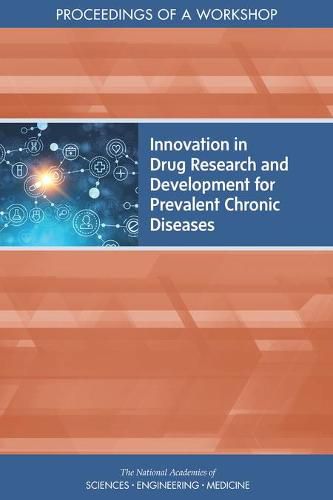Readings Newsletter
Become a Readings Member to make your shopping experience even easier.
Sign in or sign up for free!
You’re not far away from qualifying for FREE standard shipping within Australia
You’ve qualified for FREE standard shipping within Australia
The cart is loading…






Developing a new drug or biological agent to treat cancer is a long and painstaking process. Almost daily, advances are made in basic science that unmask the biological machinery of cancer and other diseases. Yet the speed at which new cancer treatments emerge has remained slow at best. This new book by the Institute of Medicine examines impediments to developing new agents to treat cancer. It then offers recommendations on how to eliminate or reduce barriers without compromising the scientific integrity of the research process or lowering the standards of evidence for approving new treatments. Shortening the Time Line for New Cancer Treatments carefully examines the steps involved in developing new treatments for cancer from the conception and testing of a new agent through to its final availability to patients. From a focused study of the history of public and private investment in cancer drug development to an assessment of recent changes in science that may alter the ways in which new cancer drugs will be developed, this important new book will be valuable to a variety of readers. The recommendations in the book are specifically offered to the National Cancer Institute, the Food and Drug Administration, the pharmaceutical and biotechnology industries, academic research institutions, and the advocacy community, all of whom bear considerable responsibility and wield considerable influence in directing the tools for cancer drug development.
$9.00 standard shipping within Australia
FREE standard shipping within Australia for orders over $100.00
Express & International shipping calculated at checkout
Developing a new drug or biological agent to treat cancer is a long and painstaking process. Almost daily, advances are made in basic science that unmask the biological machinery of cancer and other diseases. Yet the speed at which new cancer treatments emerge has remained slow at best. This new book by the Institute of Medicine examines impediments to developing new agents to treat cancer. It then offers recommendations on how to eliminate or reduce barriers without compromising the scientific integrity of the research process or lowering the standards of evidence for approving new treatments. Shortening the Time Line for New Cancer Treatments carefully examines the steps involved in developing new treatments for cancer from the conception and testing of a new agent through to its final availability to patients. From a focused study of the history of public and private investment in cancer drug development to an assessment of recent changes in science that may alter the ways in which new cancer drugs will be developed, this important new book will be valuable to a variety of readers. The recommendations in the book are specifically offered to the National Cancer Institute, the Food and Drug Administration, the pharmaceutical and biotechnology industries, academic research institutions, and the advocacy community, all of whom bear considerable responsibility and wield considerable influence in directing the tools for cancer drug development.